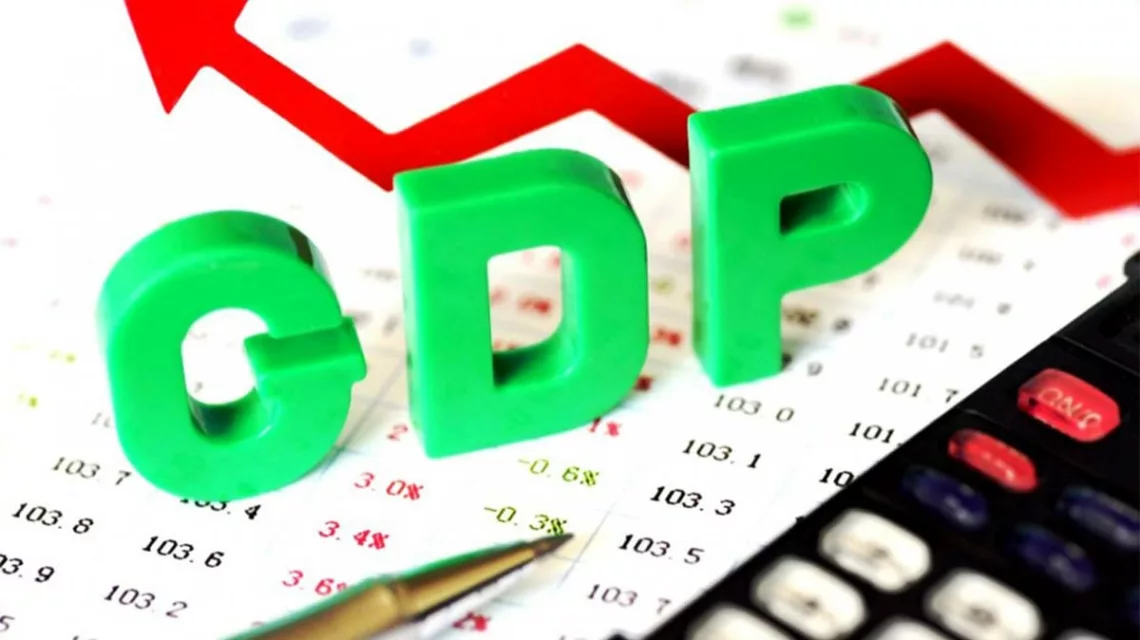In the labyrinth of economic policymaking, those with the power to steer the ship often rely on a compass that points to the past—what they’ve experienced and what they’ve been told. It’s a seemingly rational approach, one that draws on accumulated wisdom and historical lessons. However, as we delve deeper into the world of economic policy, it becomes evident that this reliance on experience is fraught with pitfalls. The past is not an unvarnished guide to the future; instead, it is filtered through multiple lenses, which distort our understanding of reality. In the context of Nigeria, this phenomenon becomes all too apparent.
The first and most insidious filter through which policymakers view the past is the public sector and the governance environment. In Nigeria, like in many other countries, policymakers often prioritize outcomes over the processes that lead to them. This shortsightedness can lead to a celebration of successes while conveniently ignoring failures. In the world of economics, this can have dire consequences. Take, for example, Nigeria’s celebrated oil boom of the 1970s. The windfall of petrodollars led to a euphoria of extravagant spending, little attention to economic diversification, and a failure to invest in infrastructure and education. When oil prices plummeted in the 1980s, Nigeria found itself in a crippling economic crisis. This historical blunder could have been avoided if policymakers had focused on the processes and long-term sustainability instead of the immediate gains.
The second filter that clouds the vision of economic decision-makers is their circle of advisors. These advisors, often drawn from a close-knit group of confidants, may inadvertently censor information or selectively share data that aligns with their preconceived notions. This confirmation bias is a silent assassin of well-informed decision-making. In Nigeria, we can see echoes of this problem in the way some policymakers have been shielded from harsh economic truths. The reluctance to acknowledge the depth of corruption and mismanagement in certain sectors has led to a perpetuation of systemic issues. The failure to address these problems at their root has stymied Nigeria’s growth and development, despite its immense potential.
The third and perhaps most personal filter through which policymakers interpret the past is their own cognitive biases. Human beings have a natural tendency to seek out information that confirms their existing beliefs while glossing over contradictory evidence. In the realm of economics, this can lead to a dangerous tunnel vision. Nigerian policymakers, like their counterparts worldwide, often fall prey to this cognitive trap. They tend to highlight the success stories that reinforce their ideologies, even if those stories are outliers, while downplaying or disregarding counterexamples. This selective reasoning has been particularly evident in Nigeria’s approach to poverty alleviation, where some policymakers have championed top-down economic models that have failed to address the root causes of poverty and inequality.
Furthermore, policymakers frequently rely on their personal experiences, which are inherently limited in scope. A small sample of incidents, viewed through the lens of one’s own life, can skew one’s perspective. In Nigeria, we see this phenomenon play out when policymakers extrapolate from their own privileged experiences to make sweeping economic decisions. For example, the wealth and privilege enjoyed by some officials may blind them to the everyday struggles of ordinary Nigerians, making it difficult to craft policies that genuinely address the needs of the masses.
So, what can be done to ensure that economic policymaking transcends the pitfalls of experience and myopia? The answer lies in a commitment to learning from mistakes and a dedication to evidence-based decision-making.
Firstly, policymakers must study failures and near misses, dissecting the processes that led to them. In Nigeria, this could involve a rigorous examination of the missteps that occurred during the implementation of economic reforms. By identifying the root causes of failure, policymakers can develop more robust strategies for the future.
Secondly, there is a pressing need to shift the focus from problem-solving to preventive measures. Too often, Nigerian civil servants are caught in a reactive cycle, addressing crises as they arise. A proactive approach would involve identifying potential risks and taking measures to mitigate them before they escalate into full-blown crises. This shift in mindset can lead to more sustainable economic policies.
Thirdly, policymakers should surround themselves with individuals who are unafraid to speak honestly and challenge prevailing wisdom. Constructive dissent can be a powerful tool in combating confirmation bias and tunnel vision. Nigeria could benefit from diverse advisory boards that bring together voices from different backgrounds and perspectives.
Fourthly, policymakers must actively seek evidence that contradicts their hunches and encourage their advisors to do the same. This involves a commitment to intellectual humility, a trait that can be in short supply in the world of policymaking. In Nigeria, this could mean subjecting proposed economic policies to rigorous scrutiny and analysis by independent experts before implementation.
Lastly, policymakers should broaden their perspectives to give new meaning to their varied experiences. This involves actively engaging with a diverse range of stakeholders, from grassroots organizations to international experts. By embracing a multiplicity of viewpoints, Nigerian policymakers can gain a more comprehensive understanding of the complex challenges facing their nation.
In conclusion, economic policymaking is a complex and multifaceted endeavour that cannot be solely entrusted to the whims of experience or technocrats. The filters of the public sector’s outcome-centric approach, the advisors who may censor information, and personal cognitive biases all distort our understanding of reality. In Nigeria, as in other nations, it is crucial to recognize these pitfalls and actively work to overcome them. A commitment to learning from failures, embracing preventive measures, fostering open dialogue, seeking contrary evidence, and broadening perspectives are the keys to sound economic policymaking that truly translates into public value. It is high time we acknowledge that the past, if viewed through uncorrected lenses, can be a treacherous guide to the future.





